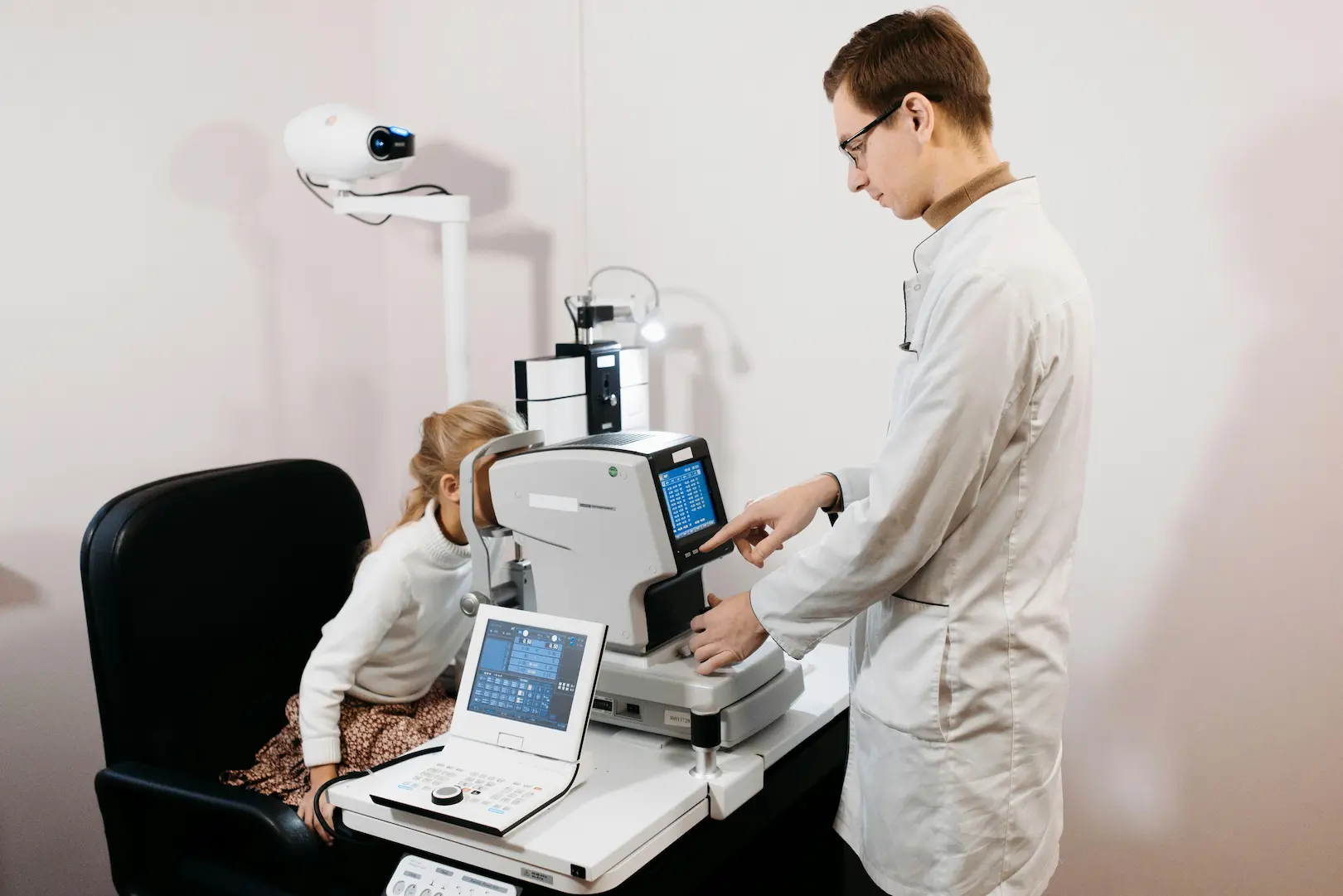When planning your first Family Eye Care visit, it’s essential to know what to expect, ensuring a smooth and successful experience. Here’s a comprehensive guide on what to anticipate during your initial visit.
Collecting Essential Forms
The first step involves gathering all necessary paperwork. These forms typically include personal identification and insurance details. It’s beneficial to fill out these forms beforehand to save time and help streamline the registration process upon arrival at the clinic.
Documenting Medical Background
Your family’s medical history plays a vital role in providing effective eye care. Be prepared to offer a detailed account of any previous eye conditions, medications being used, and known allergies. Understanding your family’s medical background helps the optometrist personalise care and address any ongoing or potential health concerns.
Steps in Conducting Eye Exams
Eye tests are the core aspect of the visit. The procedures typically begin with visual acuity tests to check how clearly you and your children can see. This includes reading letters on a chart. Next, the optometrist may conduct a series of tests to assess eye alignment, peripheral vision, and the ability to focus and track objects. Additional tests might involve using diagnostic equipment to examine the overall health of your eyes, including checking for common conditions like glaucoma and cataracts.
Discussing Health Issues Thoroughly
It’s important to communicate openly with your optometrist about any concerns or symptoms. This discussion should include any difficulties your children might be having at school, such as squinting, frequent headaches, or difficulty reading, as these could be signs of vision problems. Parental insights are crucial in diagnosing and treating vision issues effectively.
Grasping the Results
Once the eye tests are complete, the optometrist will go through the results with you. They will explain any detected issues, ranging from general vision deficits to specific eye health conditions. Understanding these results will help you grasp the overall eye health of your family members.
Planning Next Steps and Check-Ups
Based on the examination results, the optometrist will suggest a treatment plan. This might involve prescription glasses or contact lenses, medications, or in some cases, minor surgical procedures. The optometrist will also recommend follow-up appointments to monitor any detected issues or to track the progress of treatments.
Making the Visit Enjoyable for Kids
A positive first experience can set the tone for future visits. Many eye clinics are equipped with child-friendly spaces and staff trained to work with children, making the experience less intimidating. Encouraging children and engaging them during the process can make eye exams feel less like a chore and more like an interesting activity.
By understanding these steps and preparing adequately, your first visit to Family Eye Care can be a constructive, informative, and comfortable experience for everyone involved.
Interested? Book an appointment with us now.



